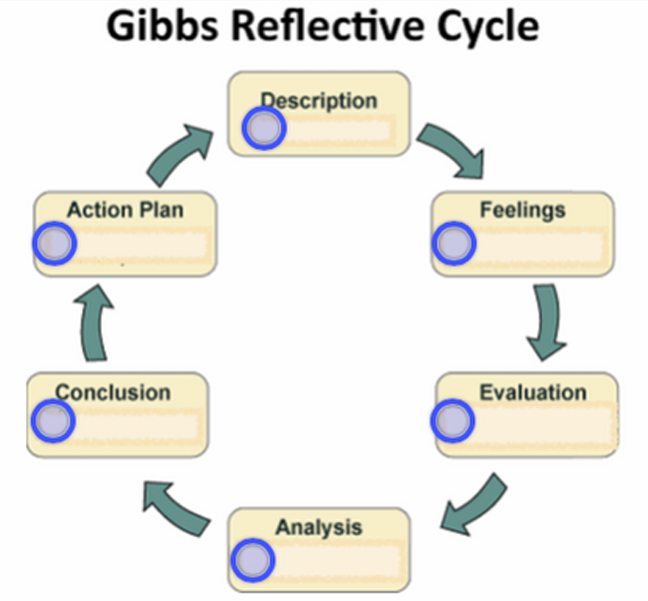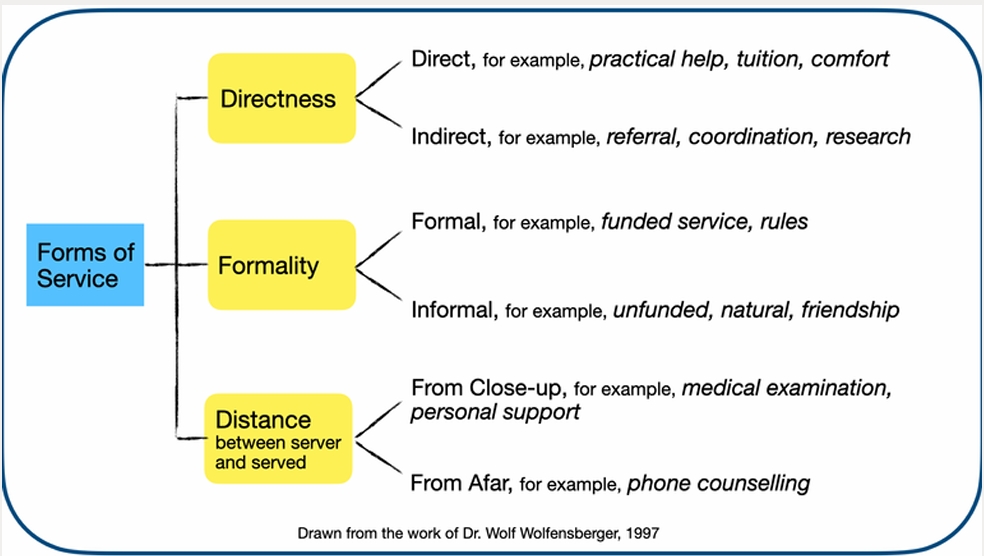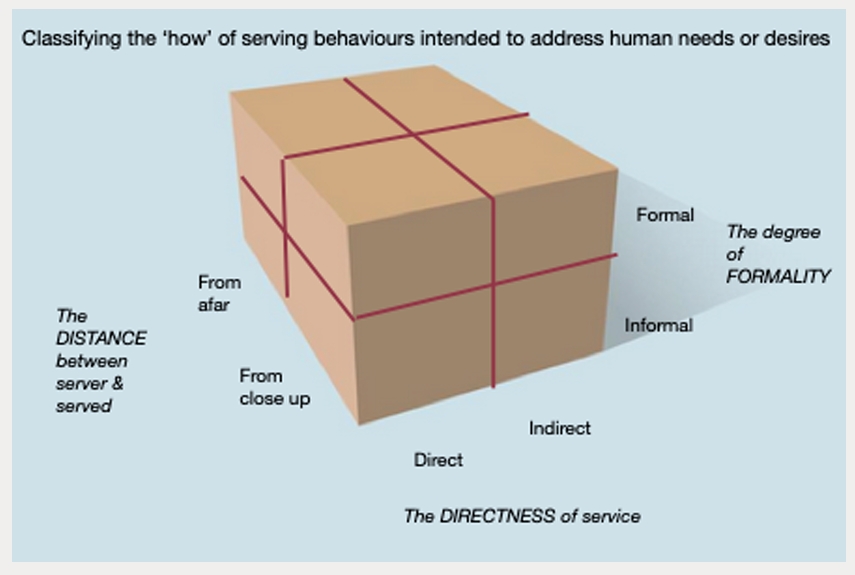Reflective Practice
Are we using SRV well, and can we use it
better?
As you know, SRV is a theory, based on
many well researched areas of knowledge, it
requires a values decision to use it. The
values drawn on are commonly chosen
because the person wants to see
themselves and/or others get the good
things of life.
If this is our reason, it makes sense that
we want to become as competent as
possible in the application of SRV. To do so
we need to learn the theory and we need to
try using it. Importantly, when we use it, we
will improve, especially if we reflect
critically on our efforts.
Reflective practice is the ability to reflect
on our efforts, in a critical manner, and
engage in a process of continuous
adaptation and learning.
You might have come across colleagues
who, on hearing of your enthusiasm for
SRV, make a comment which tells you they
really don’t know what SRV is.
Reflective Practice often befalls the same
fate. Many tertiary courses now include
‘reflective practice’. Why the quote marks
you ask. Well, usually, outside Social Work,
Reflective Practice is often no more than an
essay describing the experience of say a
practicum, or a site visit, and so on.
Although it does include people’s reactions
and even emotions, this is only one step in
the Reflective Practice cycle.
The Reflective Practice cycle is usually
comprised of six steps.
We do something realising it either went
well or it didn’t go as well as we wanted,
then:
1) we describe how we felt in the situation
2) we ask ourselves what was good and bad
in the situation
3) we stop and analyse what we think has
occurred
4) we arrive at a conclusion then
5) ask what else could we have done, and
6) try again.
And, if appropriate, repeat!
To be successful in this, we need to open
ourselves up to not being perfect and knowing
we can improve. Then we need to ensure we set
aside time to do it, be deliberate. Look for
support; ask colleagues to join in some
reflections, form a group, ask one’s mentors.
Get over any lack of confidence – describe one’s
skills and good intentions to oneself, celebrate
successes. If motivation is tricky, set clear and
realistic goals, recognise improvements,
investigate the different styles of reflective
practice for what best suits, at this time.
And stay focussed on why you’re doing this.
Check out Gibbs Reflective Cycle in more detail

Author: Greg Mackay www.asrva.org.au



